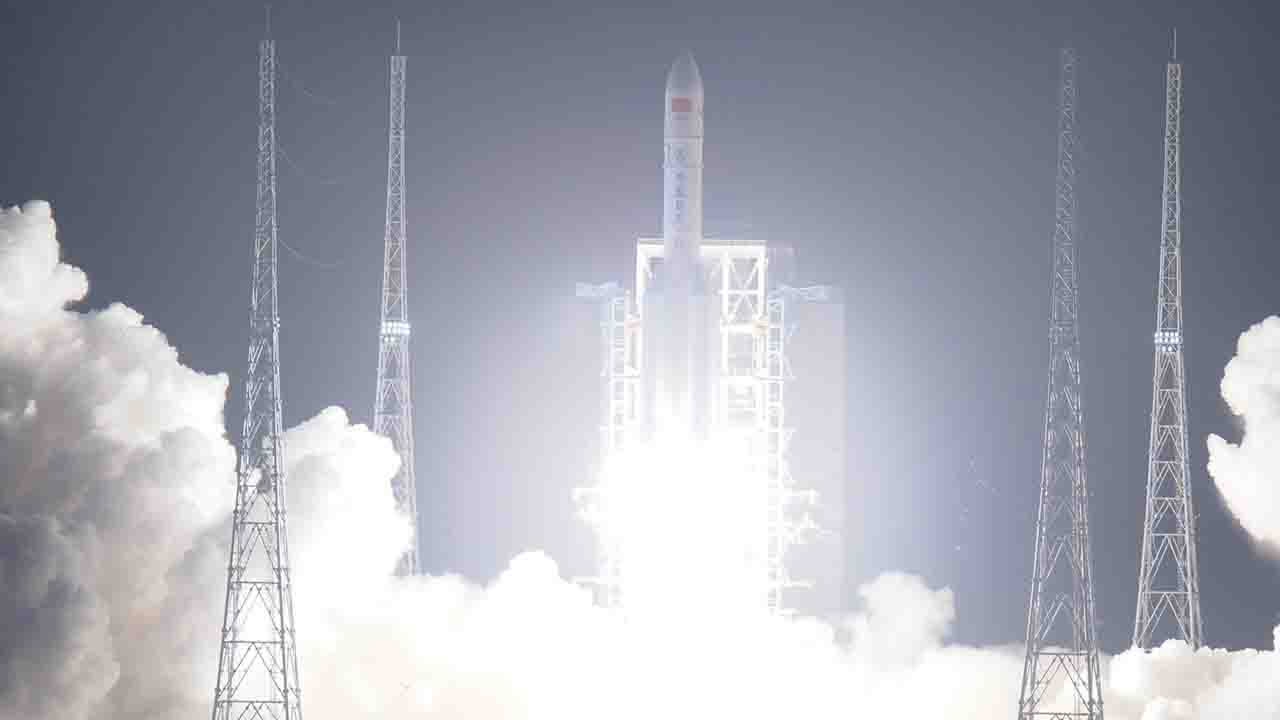Space mangoes: How Shenzhou-11 made great leaps in Chinese research
2017-03-23 22:38:16 GMT+8

Editor
Chen Shi
By CGTN's Frances Kuo
Chinese scientists believe they have made a breakthrough in the breeding of seeds in space. For 30 years, they've been experimenting with the concept but without much luck. However developments from a recent space voyage have thrown up some exciting results for the program.
When the Shenzhou-11 spacecraft launched into orbit last October, the two astronauts went on board with various seeds of all different types - including four test tubes of embryonic mangoes.
The seeds spent 33 days in the spaceship and are subject to all the challenges of space travel: radiation, cabin pressure and weightlessness, with the hope that the harsh environment would trigger new genetic traits in the mango cells and create new and better-quality varieties.
When Shenzhou-11 returned to Earth, researchers found the cells had survived and mutated. Four months later, they’ve grown new tissues and scientists are picking out the ones with the best genes for future mango crops.
While these new varieties of mango are far from ready for public consumption, they do represent progress for China's space breeding program. For more than 30 years, thousands of seeds of all types have made the same trip into space.
Scientists acknowledge space breeding is expensive and should ideally be used in combination with traditional seed breeding. But researchers say what they've achieved in space is light years ahead of what could ever have been accomplished on Earth alone.
Copyright © 2017
